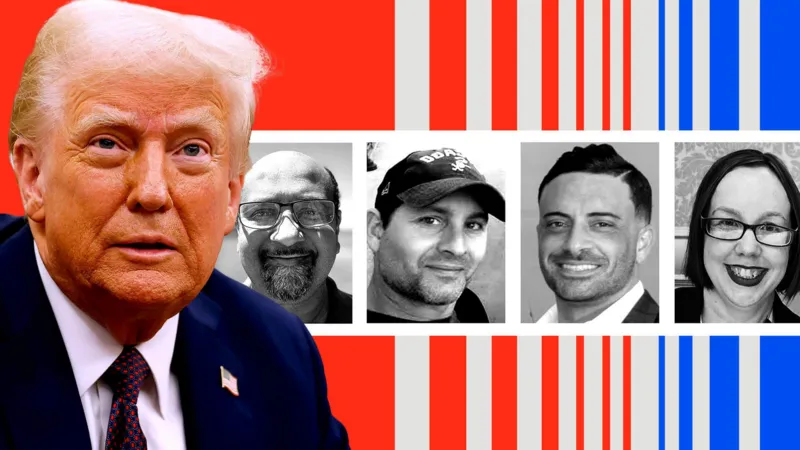Cyprus votes for new president in tight run-off
Ex foreign minister with the ruling right-wing DISY party faces off chief negotiator in peace talks with Turkish Cypriots in run-off.

Cyprus has gone to the polls in a presidential run-off that pits two career diplomats in what could be a cliffhanger vote that has split the political right.
Nikos Christodoulides, 49, a former foreign minister with the ruling right-wing DISY party now standing as an independent, holds a narrow lead after the first round of voting on February 5 produced the surprise elimination of DISY head Averof Neophytou.
In the run-off vote on Sunday, he faces Andreas Mavroyiannis, 66, also a professed independent, who was chief negotiator in peace talks with Turkish Cypriots and a former permanent representative of Cyprus to the United Nations.
Christodoulides is backed by a smattering of centre and right-of-centre parties and Mavroyiannis by the left-wing AKEL.
Polling stations close at 6pm (16:00 GMT) in the race to succeed two-term conservative President Nicos Anastasiades as head of state and government of the small European Union member country.
Anastasiades, of DISY, is prevented from seeking a third term by law and has said he backs the party line.
The next president faces problems ranging from a deadlock in reunification talks with Turkish Cypriots on the ethnically divided island and labour disputes stemming from runaway inflation to fallout from corruption scandals and a rise in migration.
Many disaffected voters will simply opt for “the least worse candidate – a characteristic in most elections, but more so in this one”, said Andreas Theophanous of think tank the Cyprus Center for European and International Affairs.
The winner needs 50 percent plus one vote to succeed Anastasiades as the republic’s eighth president.
The outgoing president urged Cypriots to come out “en masse to participate in this electoral process”, adding that “this is our duty. The people decide, the majority decides and the minority respects.”
Cyprus has been divided since 1974, when Turkish forces occupied its northern third in response to a Greek-sponsored coup, but voters appeared split over whether the division was a priority in the election.
-al jazeera







